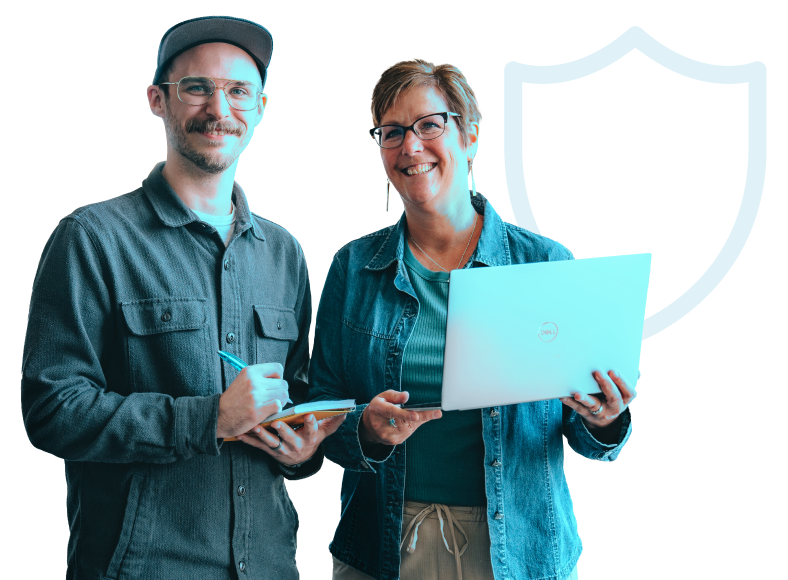Scholarship winner advocates for equal access to education
As technology is further ingrained into every aspect of education, security becomes increasingly more important. But a lot of people, minority children in particular, don’t often have access to the resources they need to learn, let alone stay safe online. This lifelong educator, however, is striving to change that. Meet Alma Rinasz, a 2020 Infosec Scholarship winner who’s using her tech skills to make cybersecurity accessible to all.

From international education to cybersecurity advocate
Like a lot of cybersecurity professionals, Alma spent the first half of her career in an entirely different field. In undergrad, she studied International Relations, and then quickly started a career in international education as an English teaching intern with the Foreign Service Institute.
As an online educator, though, Alma became more and more interested in technology. “I was curious about, ‘how does this virtual learning environment work? How does the content management system work? How do we do all of this?’” Guided by her own curiosity, she took a computer science course, taught herself C programming language and eventually applied to a coding boot camp where she learned the fundamentals of full stack web development. And she did it all as a breastfeeding single mom.

Over time, I began to realize that this was a space where I could do what I love: continuously learn new things, have a positive impact on lives, help people, and ultimately, as a single parent, provide a better life for my family.
Destined to educate others
While Alma’s looking to transition into a more technical position, she has no plans to abandon her role as an educator. Instead, she’s hoping to merge her technical prowess with her passion for education to help make a positive social impact. “I really do believe that education and technology together are a true game changer,” she said. “They will be the great equalizer for any social justice issue, if we get education to the people who need it.”
Currently, Alma works in developer relations at Software Guru, but her ideal role will allow her to raise awareness, teach other educators, and develop policies that ensure cybersecurity is a core part of every school’s curriculum.
In addition to her dream day job, she also has aspirations to co-found a STEM school for 6th-12th graders in black and brown communities. That way, she can help shape the future of the workforce and ensure diverse representation in cybersecurity.
No matter what job she gets or what hats she ends up wearing, at the end of the day, Alma’s focus is always on empowering others through education, a basic human right that’s not always advocated for. “Education is so essential to human survival,” said Alma. “I really think that if it weren't for education, we wouldn't have culture. It is tied into so many things, that's why I'm drawn back to it. And I believe that it's something that can really change lives. If someone has access to education, the quality of their life just changes.”
The qualities of a successful cyber pro
As Alma works on her CompTIA certifications using her lifetime Infosec Skills access, she continues to refine the skills and embody the qualities of what she believes makes cybersecurity professionals successful.
For those just getting started, she gives these four pieces of advice:
1. Have integrity
When it comes to being both successful and employable, Alma emphasizes the need to be a good, honest and trustworthy person first. “Having integrity doesn’t mean ‘you're wrong and I'm right.’ Or ‘I'm taking the higher ground,’” said Alma. “It's more about knowing what is ethical and what is the right thing to do based on your moral compass.”
2. Be a voracious learner
Like all successful cyber pros, Alma also highlights the importance of continuous learning. “You have to be somebody who likes to learn. And I love learning. And if I'm not learning something new, I get bored.”
3. Communicate effectively
And again — soft skills matter. “I think that having people who are able to communicate what the needs are when it comes to keeping the general public aware and educated about the risks of using technology in everyday life is really needed.”
4. Be your own advocate
Above all, Alma stresses the importance of learning to advocate for yourself. “You have to be willing to raise your hand and say, ‘I want to continue to improve myself and improve my life. And I'm going to ask for help so I can do that.’"